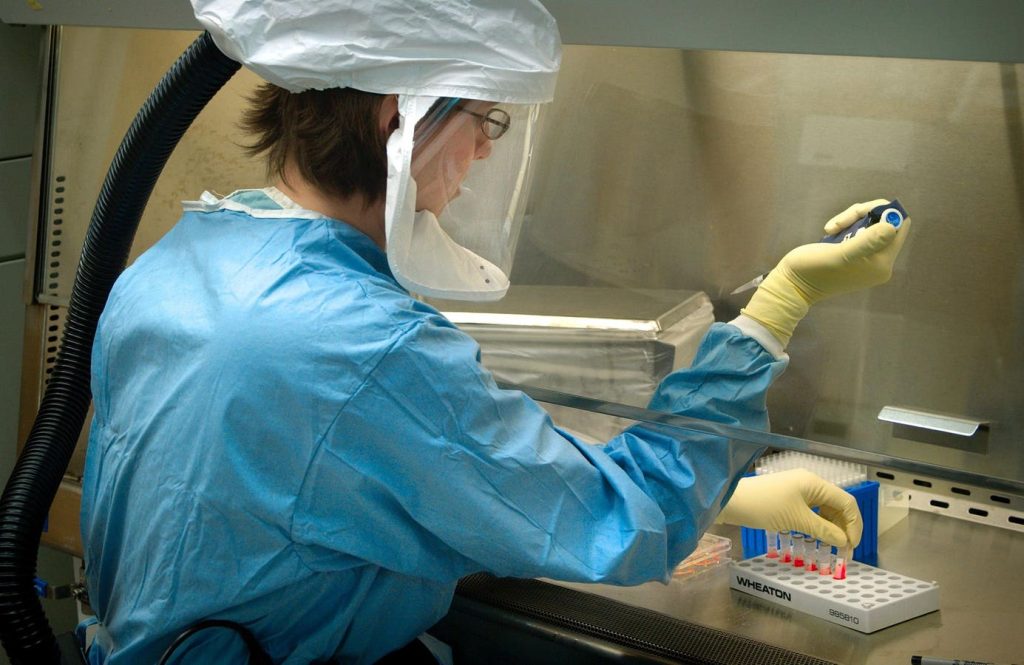Generative Artificial Intelligence (GenAI) Holds the Key to Transforming the Life Sciences Sector
Until recently, the life sciences sector was overshadowed by the [])
excitement surrounding the potential of GenAI, which promises to reshape the future of drug discovery and disease treatment. However, the industry has largely ignored the profound impact that AI could have on various functions, from medical writing to regulatory submissions. A survey from McKinsey (2021) reveals that GenAI, when applied correctly, could unlock billions of dollars in value across the pharmaceutical ecosystem, from clinical trials to market authorization. On the other hand, many life sciences businesses are yet to fully recognize the possibilities of AI, attributing their current challenges to the highly regulated nature of their operations. The (( medical writing process), where research, communication, and oversight are all tightly controlled, has beenFailed to leverage GenAI effectively. This inefficiency propagates high costs associated with recruiting, writing, and maintaining skilled medical writers, while also delaying the delivery of high-quality documentation. generators such ascerer and ResearchGate could save millions annually by automating routine tasks.
The rise of companies like Parexel, Syneos Health, and Trilogy has led to a surge in emerging solutions that aim to address these inefficiencies. These companies are developing custom AI tools that integrate with existing systems like Veeva and IQVIA to streamline the creativeWriting process. For example, a study from the American Medical Writers Association (AMWA) indicates that GenAI could transform the medical writing workflow by automating tasks such as draft creation, editing, and proofreading. This would allow companies to focus on the most critical aspects of writing, reducing the workload on individual writers. .. Moreover, LogicFlo, a Boston-based startup, has already capitalized on this opportunity. The company raised $27 million in seed funding and is currently building advanced AI agents that can collaborate with existing tools like Veeva and IQVIA to produce complete, validated medical literature. Once the AI completes a document, it can be manually reviewed byinos who are already selected to expedite the process. This approach not only reduces the time required for content creation but also ensures high levels of accuracy and reliability in the outputs. .. The success of LogicFlo is further supported by the fact that the life sciences industry employs thousands of highly skilled professionals, including medical affairs heads and regulatory officers. If companies can eliminate the need for repetitive tasks and focus solely on delivering high-quality, specialized content tailored to their sector, they could free up their talent for more impactful work. .. However, the industry faces significant challenges. The highly regulated nature of life sciences traditionally requires rigid workflows, where differences in culture, processes, and standards across the sector make it difficult for AI to fully thrive. This often leads to slow response cycles, delays in completing drug approvals, and a redundancy crisis. To address these challenges, life sciences companies must develop custom frameworks that align with their unique needs. .. For instance, companies such as Capital sanstitle and CMA have implemented custom solutions that integrate GenAI with their existing analytics tools to provide insight-driven recommendations. By leveraging data analytics and machine learning, these companies can optimize their workflows and improve decision-making. .. As the industry grapples with these challenges, investors are beginning to see the potential of GenAI in solving practical problems. Lightspeed investors have already recovered and supported LogicFlo through a round of initial funding, designed to help the company recruit and build a scalable team. .. The next decade will be marked by growing demand for tailored solutions that bridge the gap between specialized GenAI techniques and the demands of life sciences. As GenAI continues to take hold, life sciences businesses may eventually emerge asuced engines of innovation, driving unprecedented levels of efficiency and creativity in their operations. The life sciences ecosystem is, in short, waiting for the right AI solution to unlock its full potential. This is not just a matter of potential, but of a necessity, as the industry is evolving to meet the demands of GenAI. The future of GenAI in the life sciences sector looks promising, but the hurdles it faces will determine whether it becomes a transformative force or just an add-on to the existing workflow.


![Standard Chartered Cuts Bitcoin and Ethereum Forecasts, Predicts Bottom by [Date] at $[Price]](https://commstrader.com/wp-content/uploads/2026/02/3f2a2e40b5435ea86ade84c25b7ee76c02e7fe3c-300x200.jpg)












